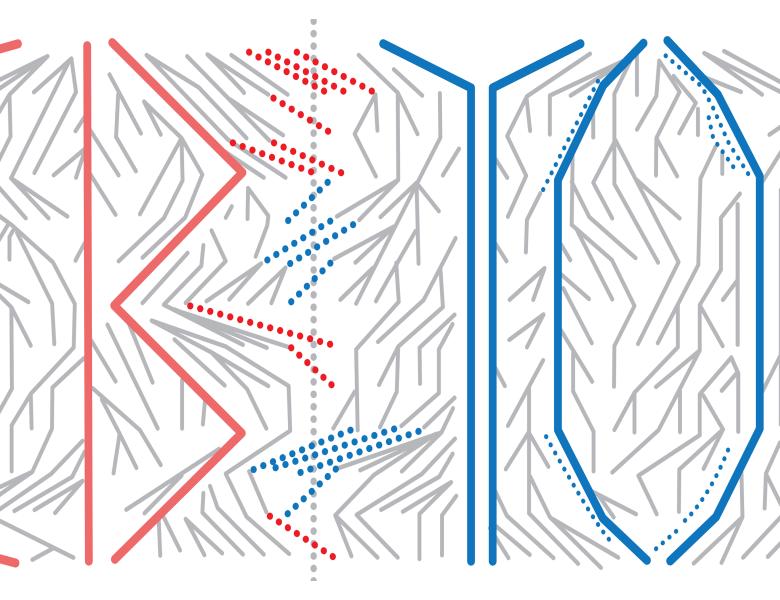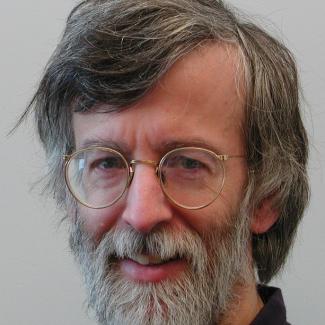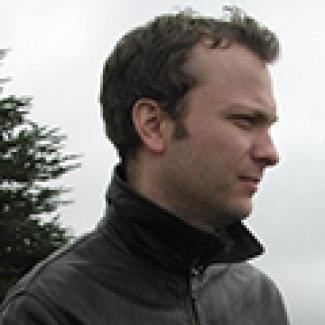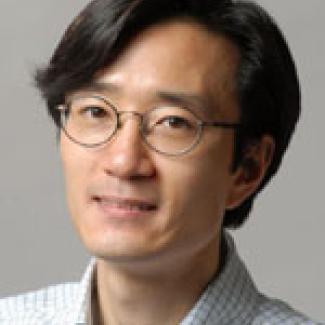
Recent advances in DNA sequencing technology are enabling fast and cost-effective generation of sequence data. Soon, whole-genome sequencing will become a routine assay, opening up new opportunities for biomedical research and related fields. Several large-scale sequencing projects are currently under way, each with the aim of sequencing the genomes of hundreds or thousands of individuals (either humans or model organisms). Such projects will provide a comprehensive view of genomic variation in different populations and elucidate the relative contribution of various biological mechanisms to evolution. Given this explosion of data, evolutionary biologists now hope to make inference in models of evolution with unprecedented complexity. This workshop will center around recent advances in computation-intensive probabilistic and statistical inference methods for large-scale population genomics, focusing on the crucial role of efficient algorithms and accurate probabilistic modeling.
Enquiries may be sent to the organizers at this address.
Vineet Bafna (UC San Diego), Claudia Bank (École Polytechnique Fédérale de Lausanne), Nick Barton (IST Austria), Jeremy Berg (UC Davis), Ivona Bezáková (Rochester Institute of Technology), Anand Bhaskar (UC Berkeley), Nayantara Bhatnagar (University of Delaware), Carlos Bustamante (Stanford University), Andrew Clark (Cornell University), Graham Coop (UC Davis), Konstantinos Daskalakis (Massachusetts Institute of Technology), Michael Desai (Harvard University), Petros Drineas (Rensselaer Polytechnic Institute), Richard Durrett (Duke University), Charles Epstein (University of Pennsylvania), Nicholas Eriksson (23andMe), Eleazar Eskin (UCLA), Alison Etheridge (University of Oxford), Steven Evans (UC Berkeley), Laurent Excoffier (University of Bern), Marcus Feldman (Stanford University), Vitaly Feldman (IBM Research - Almaden), Daniel Fisher (Stanford University), Dan Gusfield (UC Davis), Oskar Hallatschek (UC Berkeley), Eran Halperin (Tel Aviv University), David Haussler (UC Santa Cruz), Joachim Hermisson (University of Vienna), John Huelsenbeck (UC Berkeley), Varun Kanade (UC Berkeley), Sampath Kannan (University of Pennsylvania), Léandra King (Harvard University), Joachim Krug (University of Cologne), Charles Langley (UC Davis), Adi Livnat (Virginia Tech), Gerton Lunter (University of Oxford), ShiShi Luo (Duke University), Michael Mahoney (Stanford University), Thomas Mailund (Aarhus University), Iain Mathieson (University of Oxford), Gil McVean (University of Oxford), Elchanan Mossel (UC Berkeley), Simon Myers (University of Oxford), Rasmus Nielsen (UC Berkeley), Sarah Otto (University of British Columbia), Lior Pachter (UC Berkeley), Christos Papadimitriou (UC Berkeley), Periklis Papakonstantinou (IIIS & ITCS, Tsinghua University), Nick Patterson (Broad Institute), Itsik Pe'er (Columbia University), Peter Pfaffelhuber (University of Freiburg), Jonathan Pritchard (Stanford University), Molly Przeworski (Columbia University), Satish Rao (UC Berkeley), Sebastien Roch (University of Wisconsin-Madison), Sriram Sankararaman (Harvard Medical School), Guy Sella (Columbia University), Montgomery Slatkin (UC Berkeley), Yun Song (UC Berkeley), Mike Steel (University of Canterbury), Elizabeth Thompson (University of Washington), David Tse (UC Berkeley), Gregory Valiant (Stanford University), Leslie Valiant (Harvard University), Paul Valiant (Brown University), Vijay Vazirani (Georgia Institute of Technology), Nisheeth Vishnoi (Microsoft Research), Jeff Wall (UCSF), Andrew Wan (Harvard University), Daniel Weissman (IST Austria), Daniel Zivkovic (Ludwig-Maximilians-Universitaet Munich), James Zou (Harvard University).





